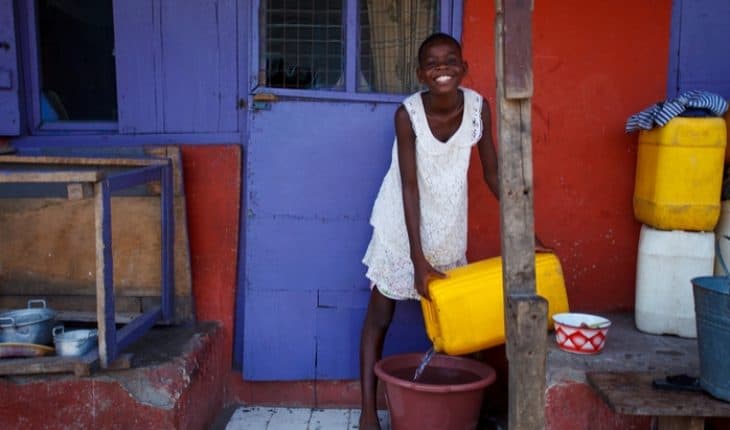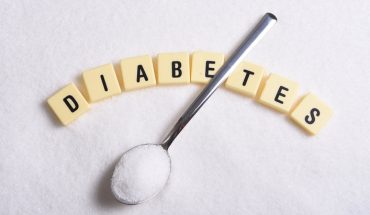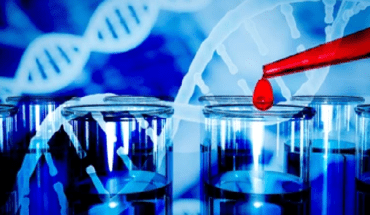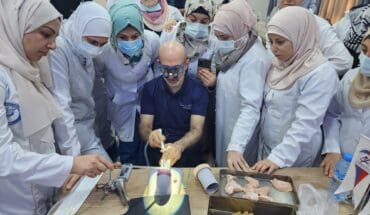I was sitting in a lesson 2 years ago when I finally understood the true significance of this problem. 844 million people still lack clean drinking water. A staggering 2.3 billion people still lack basic sanitation services. Furthermore, 892 million people use no sanitation facility at all, and continue to practice open defecation.
It does not take an expert to understand that these issues are a ticking time bomb for a natural disaster – this is exactly what happened. The East African Drought in 2017 is an example of this, and was described as the worse humanitarian crisis since World War 2, leaving 15 million people without access to safe drinking water.
I led a fundraising campaign at my university, University College London, where we raised close to £15,000 contributing to an overall total of £50,000. This was the result of a massive fundraising effort led by a youth organisation called Somali Youth for Integrity (SYFI). From our efforts, we were able to fund a project aimed at improving access to clean water and appropriate hygiene facilities in Luuq and Dolow district of Somalia. We provided clean and safe water to vulnerable households, benefitting close to 12,000 people. The project rehabilitated community-owned water infrastructure to improve suitability and ownership as well as improve hygiene awareness. This is just a mere example of how a collaborative effort from University Somali societies across the UK has had a significant impact in this field.
One of my driving forces is to help developing countries move closer towards achieving the Sustainable Developmental Goals (SDG). With this example, we worked on goal 6.2 which is to achieve universal access to adequate and equitable sanitation and hygiene for all by 2030.
This goal can appear to be a massive task, and some may argue an impossible one, especially considering the time-frame. However, I firmly believe we can achieve this by setting key milestones to work towards. Firstly, achieving universal access requires effective collaboration between the government, private sector and international organisations. We must tackle this issue from a unified front. This requires the enhancement of government leadership, particularly in sector planning processes.
Government leadership is essential for directing and coordinating resources around nationally agreed sector priorities, strategies and plans. We need to create a cycle of planning, monitoring and learning. Therefore, when a sector planning process weakens or ceases to exist, cross-sectional partners can jointly support efforts to build and strengthen them.
We also need to make better use of the resources currently available. For example, we need to use and strengthen existing core systems. These are the fundamental capabilities needed for effective use of public services. Examples include the financial management of the country, the framework enabling the gathering of data and contract management. Government and partners should agree a set of intermediate steps to progressively strengthen and use country systems to develop, monitor and regulate water and sanitation services.
Cross-sectional sharing of data is extremely important. We are in this fight together; therefore, we need to use one shared information platform. From this we can decide where to invest, how to sustain and improve water and sanitation services and to understand which policies and strategies work. In doing so we are ensuring that all partners are using reliable data and providing a medium for them to reflect on what methods work best.
To make this all possible we need to build sustainable water and sanitation sector financing.
- How do we achieve universal access to sanitation and hygiene? - 4th March 2019






